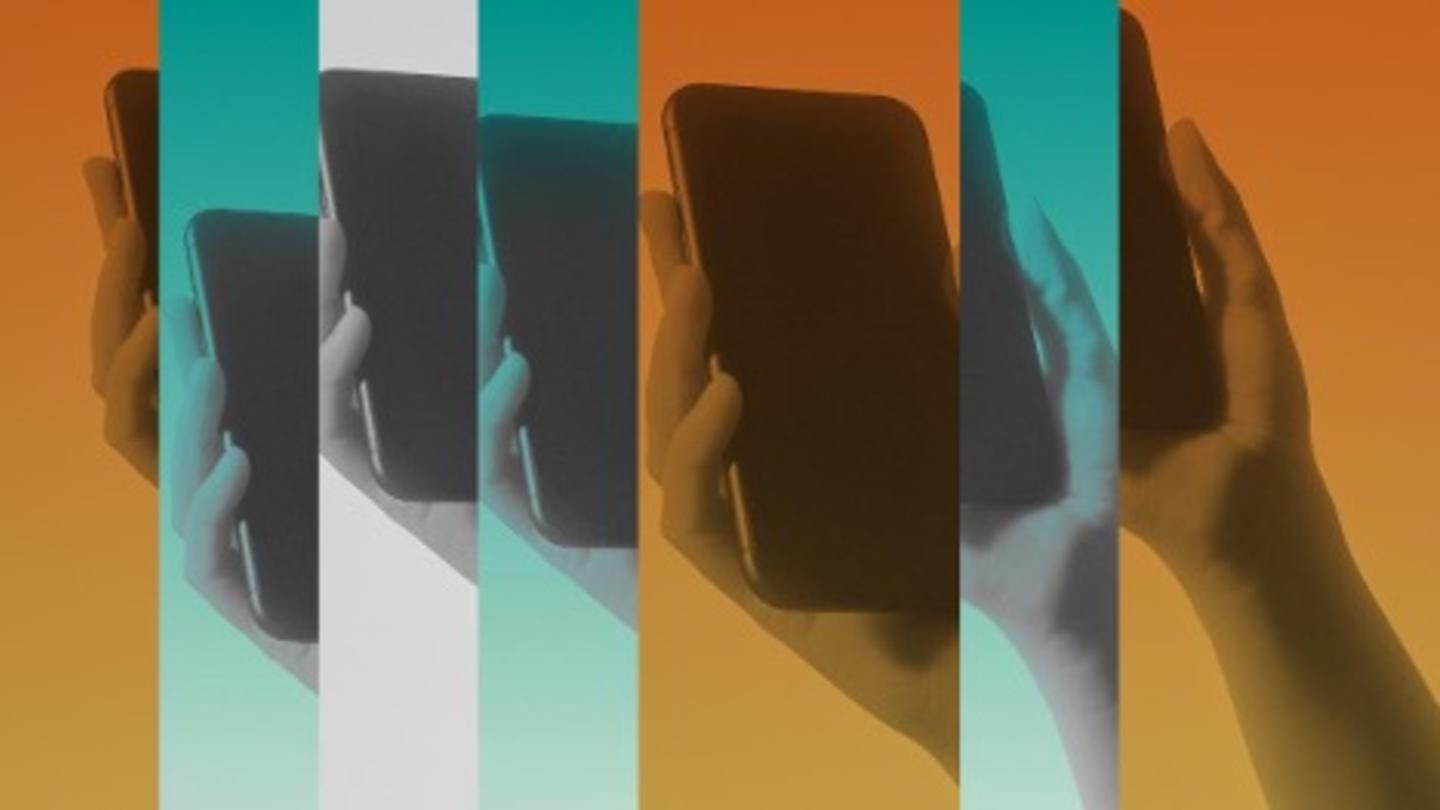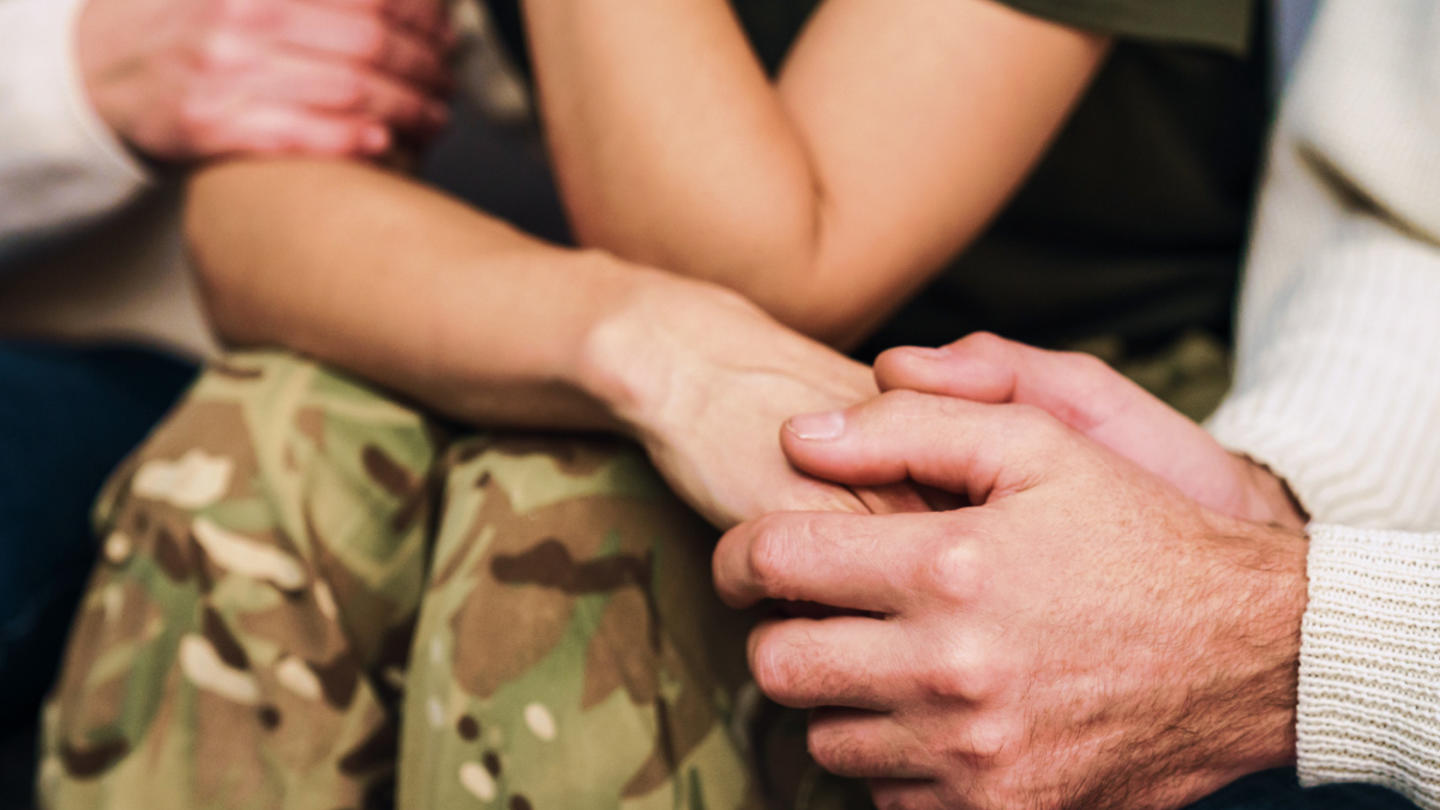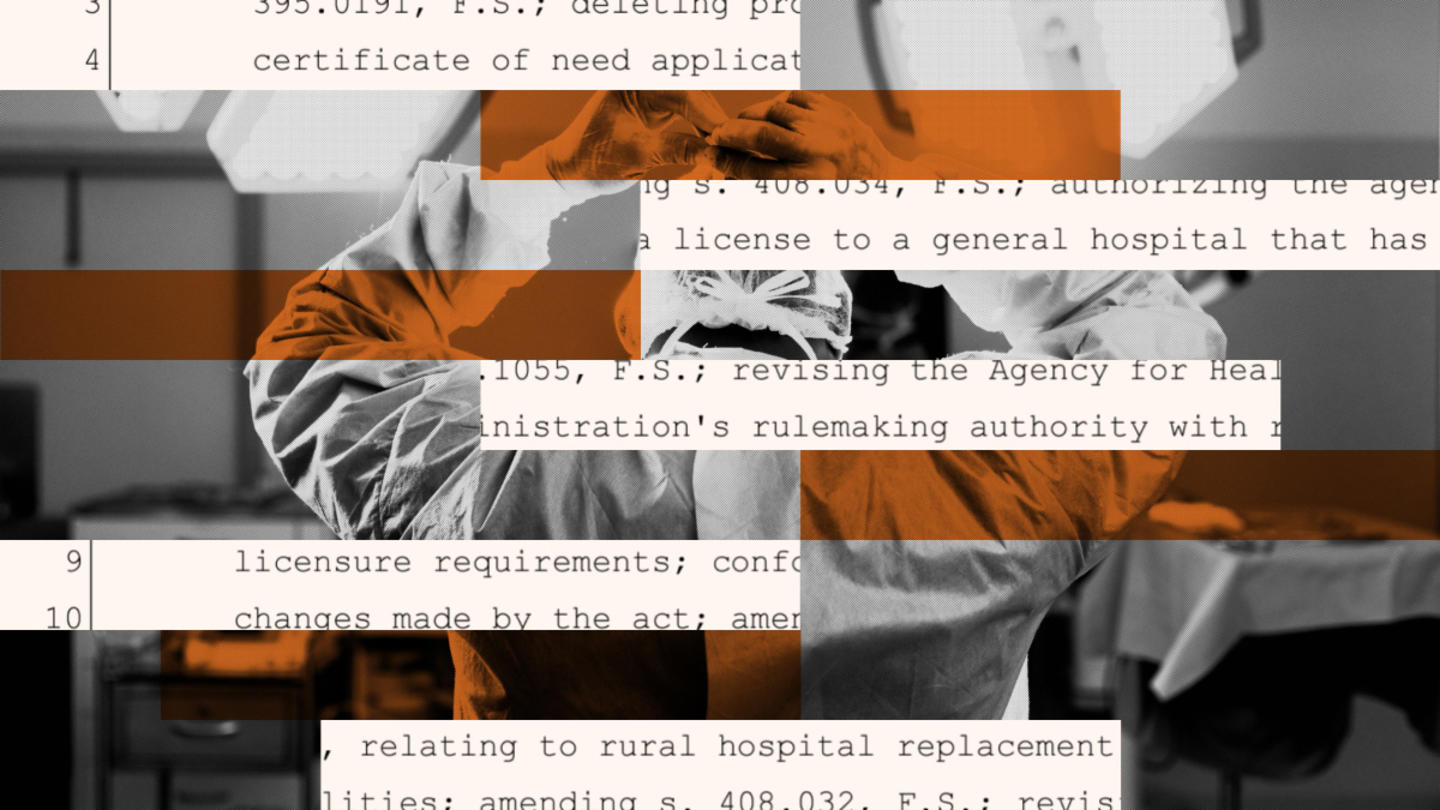Mental health challenges can feel isolating, but no one should have to face them alone. Peer-to-peer support is changing how people heal by creating stronger, more compassionate communities. Instead of relying solely on traditional health care systems, these networks connect people who have lived through similar experiences, offering understanding, encouragement, and hope.
Here’s how peer support is making a life-changing impact:
1. Puts people in control of their own recovery
Healing isn’t one-size-fits-all. Traditional mental health care often focuses on clinical treatment, but peer support empowers individuals to shape their own recovery journeys. Whether it’s talking through struggles, sharing coping strategies, or simply listening, peer networks provide a level of understanding that professionals alone can’t always offer.
Survivors of trauma, for example, often find resilience through community support. By connecting with others who have walked similar paths, they gain a sense of control over their healing process and rediscover their strength.
Organizations like Phoenix use fitness and peer coaching to help individuals rebuild their lives, showing that healing happens faster when people feel supported by those who truly understand their struggles. Founded in 2006, The Phoenix has grown into a national nonprofit sober community with over 500,000 members, offering no-cost programs such as CrossFit, outdoor experiences, book clubs, and meditation. Looking ahead, The Phoenix aims to continue expanding its reach, offering innovative programs that combine physical activity with peer support to help more individuals achieve lasting recovery.
2. Upholds dignity by breaking down barriers
Many people hesitate to seek help because of the stigma around mental health. Peer networks create safe spaces where people can share their stories openly, free from judgment.
When people feel understood and accepted, they’re more likely to seek help. Over time, this openness shifts cultural attitudes, making mental health support more accessible and widely accepted.
The Confess Project is a grassroots movement training Black barbers as mental health advocates to support Black boys, men, and families. By leveraging trusted relationships in barbershops, it fosters peer-to-peer support, creating safe spaces that uphold dignity, break barriers, and reduce stigma. The Confess Project has trained over 1,400 barbers, equipping them to reach and support an estimated 2 million people in their communities.
Sign up for the Stand Together newsletter and get stories, ideas, and advice from changemakers to help you tackle America’s biggest problems.
3. Provides support that’s immediate and personal
In a traditional system, people often face long wait times for therapy or treatment. Peer groups offer immediate, real-time support, whether in person or online. Those struggling with addiction or trauma, for example, often find the most effective help from people who have walked similar paths and understand their challenges firsthand.
4. Inspires hope through shared community
Sometimes, the most powerful words you can hear are: "I’ve been where you are, and I got through it." Hearing others’ success stories can be a game-changer for people struggling with mental health challenges.
Peer support networks offer proof that healing is possible. Whether it’s overcoming trauma, addiction, or depression, seeing someone else’s progress can inspire hope and motivation.
Saprea is a nonprofit organization dedicated to supporting adult female survivors of childhood sexual abuse through healing and prevention resources. It offers a free, clinically informed four-day retreat, followed by a self-guided online course designed to help survivors understand trauma's impact and apply healing tools. By fostering community through support groups and shared experiences, Saprea empowers survivors to connect with others who have faced similar challenges, inspiring hope and facilitating collective healing.
5. Expands access to treatment
Traditional mental health care can be costly and difficult to access, especially for underserved communities. Peer-to-peer support networks help bridge this gap by providing free, community-driven resources that connect people with the help they need.
Give an Hour is a compassionate community of volunteer mental health professionals dedicated to transforming mental health care by offering no-cost counseling and peer support. Since its inception, the organization has served approximately 1.84 million individuals, with 30% being veterans and 45% active-duty service members, and aims to reach eight million people by 2025.
The power of peer support networks
Peer support is transforming mental health care by fostering dignity, reducing stigma, and creating mutual benefit through real-life solutions. As awareness of mental health grows, bottom-up peer networks continue to expand, with technology making support more accessible through virtual groups and online communities.
These innovations ensure that help is available when and where people need it, breaking down barriers and promoting equal opportunity in mental health care. By embracing peer-to-peer support, individuals heal together, communities grow stronger, and lasting progress is achieved.
Read more about how peer support networks are changing health care
- Community-driven recovery empowers individuals to overcome addiction through dignity, compassion, and peer support.
- Manifest is an AI-powered app designed to help Gen Z users develop daily mental health habits through gamification.
- PeaceLove offers expressive arts workshops that create a supportive, peer-driven space for healing.
The Stand Together community partners with changemakers who are tackling the root causes of America’s biggest problems.
Learn more about Stand Together’s health care efforts and explore ways you can partner with us.

What if the key to improving Gen Z’s mental health lies in leveraging AI?

Mental health care is too narrow, possibly worsening the crisis. These changemakers have a plan.

Peer support may be the key to transforming mental health care. So far, it’s working for millions.

States with CON laws have higher prices, fewer medical facilities, and inferior patient outcomes.
